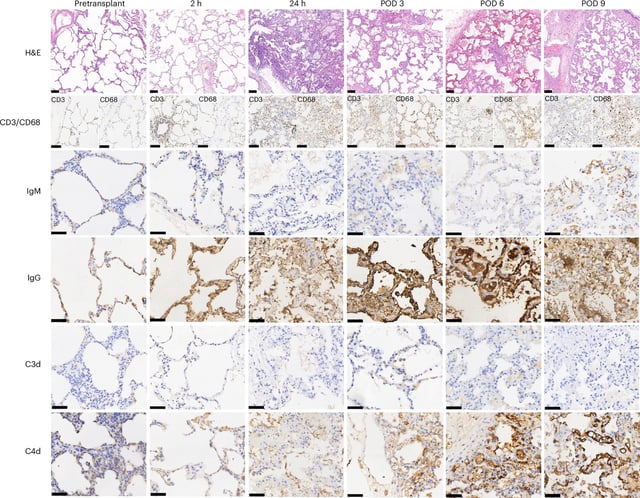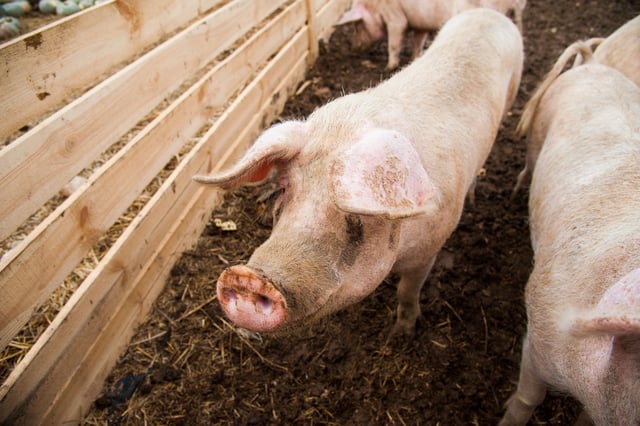Overview
- The Guangzhou Medical University team implanted a left lung from a six‑gene‑edited Bama Xiang pig into a 39‑year‑old man who had been declared brain-dead, in what authors document as the first pig-to-human lung xenotransplant.
- The graft remained viable and functional for 216 hours, with early edema at 24 hours and antibody‑mediated rejection detected on postoperative days 3 and 6, without hyperacute rejection or uncontrolled infection reported.
- The study ended on day nine at the family’s request, and the recipient’s native right lung was left in place, making it unclear whether the xenograft could have supported life independently.
- Donor preparation included CRISPR edits that inserted three human genes and silenced three pig genes, with the animal raised under strict biosecurity, yet lung physiology posed distinct vulnerability compared with kidneys and hearts.
- External experts call the result a feasibility milestone but emphasize the need to improve genetic modifications, immunosuppression, organ preservation, and study design before any clinical use to address the organ shortage.


